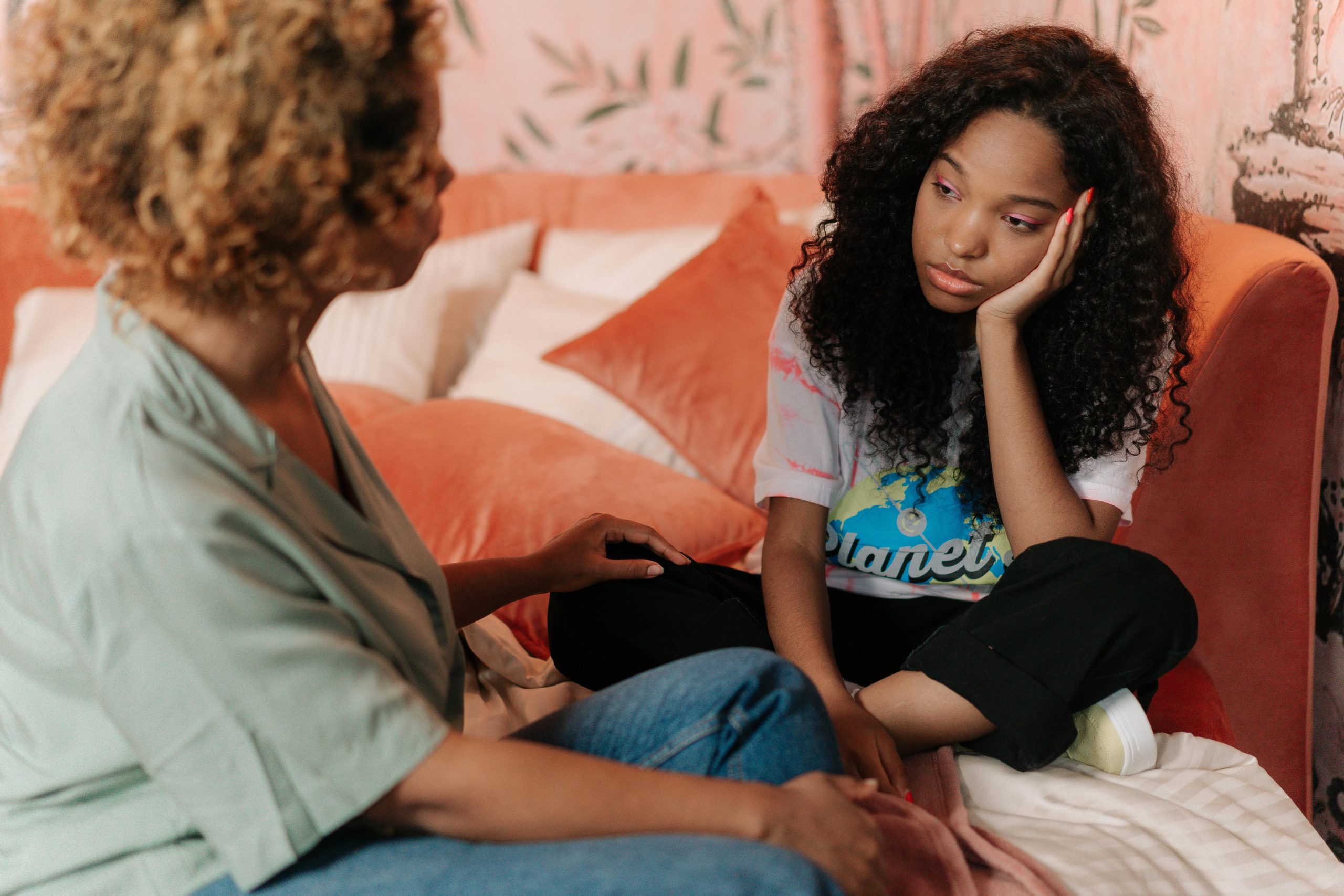What Type of Insurance Is Necessary for a Vacant Commercial Property?
I’m in the process of purchasing a commercial building equipped with an alarm system, sprinklers, and a new roof installed in 2022. The property will remain vacant for 3-5 months until I launch a retail business, and I don’t have any renovation plans at this time.
Should I only secure general liability (GL) and commercial property insurance for the interim, or would it be wise to also include Workers’ Compensation, Liquor Liability, Umbrella Insurance, and other coverages right from the start? Are there any other types of insurance I should consider while the building is unoccupied?
Any advice would be greatly appreciated!




When insuring a vacant commercial building, it’s important to ensure you have the right coverage in place, even if you don’t plan to conduct any business activities right away. Here are some considerations for your situation:
General Liability Insurance: This is essential as it protects you from claims related to bodily injury or property damage. Even though the building will be vacant, unforeseen incidents can still occur, so it’s wise to have this coverage.
Commercial Property Insurance: This will cover damage to the building itself, including the roof and any fixtures. Since the building will be vacant, be sure to inform your insurance provider of this status, as some insurers may have specific terms or limitations for vacant properties.
Vacant Building Coverage: Consider obtaining a policy specifically for vacant buildings. Many traditional property policies exclude coverage once a property is vacant for a specified period (typically 30 days). A vacant property endorsement can be important to ensure any potential risks are covered during this time.
Workers’ Compensation: You typically don’t need this coverage until you hire employees. Since you’re not planning renovations or operating a business for 3-5 months, it may not be necessary to obtain now. However, it’s good to revisit this once you start hiring.
Liquor Liability: This would only be necessary if you plan to sell alcohol at your retail business. You can wait until you’re closer to opening to add this protection.
Umbrella Insurance: This provides an additional layer of liability coverage. While it’s not critical immediately, as your business grows, this might be something to consider for extra protection.
Theft and Vandalism Protection: If the building will be vacant, you might also want additional coverage for theft or vandalism, especially if it contains any valuable fixtures or equipment.
Natural Disaster Considerations: Depending on your location, consider additional coverage for natural disasters (like flood or earthquake insurance) if they are relevant to your area.
In summary, starting with general liability and commercial property insurance is a good plan, and make sure to discuss the vacant status with your insurer to ensure appropriate coverage. As you approach your opening, you can evaluate additional coverages such as workers’ compensation, liquor liability, and others based on your specific business needs. Good luck with your new venture!